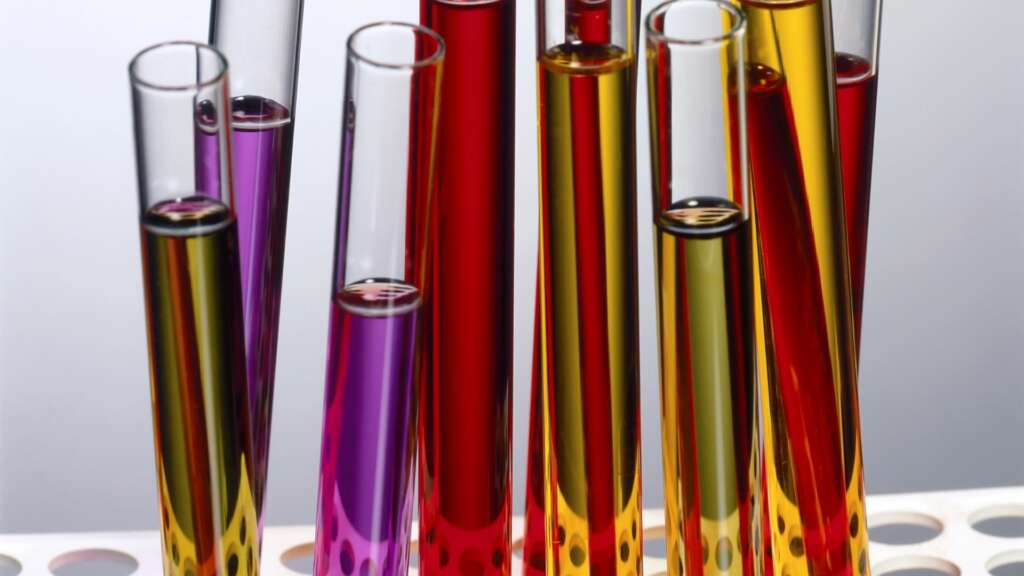
The empirical probability, frequency or statistical probability of an occurrence is the number of times that a specific event happens to the number of trials in an experiment not only in a laboratory space but in an individual human being as well. This information is used by those who study probability and are interested in understanding how the odds of an occurrence occur.
Probability is the study of probability. The probability is the sum of a number of events that can happen in random order in any given situation. There are several types of probability including statistical probabilities, chance probabilities, and probabilistic probabilities. These are all variations of a single concept; the probability of some event occurring.
Statistical probability is the study of what happens to certain events when they occur in random sequence in a particular environment. The statistical probability of certain events is a mathematical measurement of the probability of the events happening in random order and the sequence in which they occur.
Chance probability is based on statistical methods where chance events occur in a random manner with no prior notice and for no reason at all. Chance probability is based on a series of events that occurred, one at a time, and are not related in any way, but are unrelated to each other, the same as the sequence of the seasons.
Probability is the study of a series of events that happen in random order in a laboratory setting with no prior notice. The sequence and order of these events, combined together are then statistically calculated to determine the chances that the event will occur in an experiment or in the process of a scientific study.
Statistical probability is often considered the most precise measure of the odds of something occurring in a particular case. While this measure of probability has a large range of possibilities, it is still based on a series of events and a mathematical calculation that involve a series of variables. It is important to note that the calculation of this statistic is based on the numbers that are statistically correlated to make the probability calculation.
Probability is a combination of the two basic concepts of statistics; random chance and scientific probability. The statistical probability of a certain event that is used to calculate the statistical probability is the sum of all the probabilities of all the events that would have occurred, taken from a series of events. The probability that something else happens is based on statistical probability and is referred to as the statistical average probability.
Empirical probability is a way to describe the way in which an event occurs and the probability that the event will occur. In a laboratory setting the probability is derived from a series of events where all of the events are observed and then analyzed. The probability of an experiment is based on a sequence of events that are observed and analyzed. The probability that a particular event will occur in an individual is determined using a series of events that are observed and analyzed.
Probability is used to determine the probability of an experiment to be repeated and the probability that an experiment will not be repeated. It is also used to estimate the probability of the outcome of an experiment occurring. The probability of an experiment occurring is based on a sequence of events and the statistical average of the results of an experiment, using statistical probability.
Probability is used to determine the probabilities of a series of events and the probability that any two or more events will occur. It is also used to estimate the probabilities of a set of events occurring.
There are many uses for statistical probability and there is an infinite number of ways in which it can be used for scientific calculations and research. It is an important tool in determining the likelihood of the possibility of a series of events occurring. Using probability can be used in determining the probability that a specific set of events will occur. The probability of an event happening is based on a series of events and the statistical average of the results of the series of events, taking into consideration all of the events in the series.
Probability is used to calculate the probability that a particular set of events will occur based on a series of events. In scientific studies it can be used to calculate the likelihood that an experiment will repeat itself.


